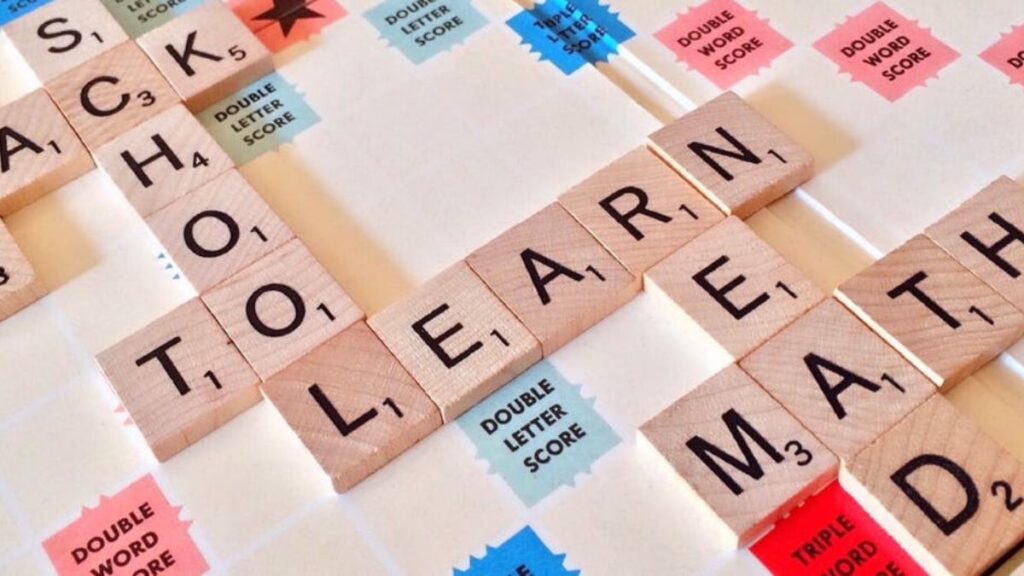Introduction to Wordsearch
Wordsearch puzzles have captivated minds for generations. They are more than just a fun pastime; they offer an array of benefits that can enhance your daily life. Whether you solve them during a coffee break or challenge friends to compete, these grids filled with hidden words provide both entertainment and mental stimulation. As we dive into the world of it wordsearch, you’ll discover how this simple game can significantly boost your vocabulary while sharpening your focus. Ready to explore? Let’s embark on this journey through letters and words!
The History of Wordsearch Puzzles
Wordsearch puzzles have a surprisingly rich history that dates back to the 1960s. They were first created by an American schoolteacher named Norman E. Gibat. He aimed to create an engaging way for his students to learn new vocabulary, and thus, the word search was born.
Initially appearing in newspapers and magazines, these puzzles quickly gained popularity among readers of all ages. Their charm lies in their simplicity—finding words hidden within a grid of letters provides both challenge and enjoyment.
As interest spread globally, diverse variations emerged. Different themes catered to a range of interests—from animals and geography to pop culture references.
Digital platforms soon embraced this classic pastime, introducing interactive versions that could be played online or on mobile devices. Even today, wordsearches continue captivating audiences worldwide while remaining rooted in their educational origins.
How Playing Wordsearch Can Boost Vocabulary
Playing wordsearch puzzles is a delightful way to expand your vocabulary. As you search for hidden words, your brain engages in active learning.
Every completed puzzle introduces you to new terms. You might stumble upon synonyms or industry-specific jargon that enriches your language skills. This exposure helps reinforce memory retention.
Additionally, the repetitive nature of finding words encourages familiarity with different spellings and meanings. The more you play, the better equipped you become at recognizing these words in everyday conversation or writing.
Wordsearch games also promote contextual understanding. When paired with themed puzzles, such as science or literature, they provide insight into specific subject matter while enhancing vocabulary depth.
Engaging consistently with wordsearch can transform mundane moments into opportunities for linguistic growth. It’s not just a game; it’s an effective tool for anyone looking to elevate their communication skills effortlessly.
The Science Behind Improving Focus with Wordsearch
Engaging in wordsearch puzzles is more than just a fun pastime; it has remarkable benefits for mental focus. When you search for words, your brain enters a state of heightened concentration. This process encourages active engagement with the task at hand.
Studies suggest that activities requiring visual scanning and pattern recognition can sharpen cognitive abilities. As you sift through letters, you’re training your brain to identify relevant information quickly. This skill translates into improved attention spans in daily life.
Moreover, the repetitive nature of finding words creates a rhythmic flow that enhances mindfulness. It reduces distractions by promoting deep focus on one activity, allowing thoughts to settle and clarity to emerge.
The satisfaction derived from completing these puzzles also releases dopamine, reinforcing positive feelings about concentration. Over time, regular practice may lead to better overall mental agility and an increased ability to maintain attention across various tasks.
Tips on Maximizing the Benefits of Playing Wordsearch
To truly harness the benefits of playing it wordsearch, try to set aside dedicated time for this fun activity. Consistency is key. Aim for at least a few minutes each day.
Consider varying your word search themes. This keeps things fresh and exposes you to new vocabulary across different subjects, from nature to technology.
Engage with others while solving puzzles. Play with friends or family members, which adds a social element that can enhance learning and make it more enjoyable.
Challenge yourself by gradually increasing the difficulty level of the puzzles you tackle. As you become more comfortable, opt for larger grids or limited time frames to sharpen your skills further.
Don’t shy away from using online resources or apps designed specifically for word searches. These often come with features that track progress and provide personalized challenges tailored just for you!
Alternative Ways to Incorporate Wordsearch into Daily Life
Wordsearch puzzles can easily fit into your daily routine. Consider starting your morning with a quick puzzle over breakfast. It’s a great way to stimulate your brain before diving into the day.
During breaks at work or school, grab a wordsearch app on your phone. A few minutes of searching for words can refresh your mind and enhance productivity.
If you’re traveling, print out some themed wordsearches related to your destination. This not only entertains but also helps you learn new terms associated with different cultures.
For family gatherings, create custom wordsearch puzzles filled with inside jokes or shared memories. It becomes an engaging activity that sparks conversations and laughter.
Incorporate wordsearch into quiet evenings by pairing it with music or podcasts. This combination allows for relaxation while keeping your mind active and focused on the task at hand.
Conclusion: The Fun and Beneficial Pastime of Playing Wordsearch
Playing wordsearch puzzles is more than just a fun way to pass the time; it offers numerous benefits that can enhance your vocabulary and sharpen your focus. This engaging activity has roots that stretch back through history, demonstrating its timeless appeal.
As you immerse yourself in finding words, you’re not only enjoying the challenge but also enriching your language skills. The concentration required for solving these puzzles can lead to improved mental clarity, making wordsearch an excellent exercise for the brain.
Incorporating wordsearch into your daily routine is simple. Whether it’s during a coffee break or as part of family game night, this pastime easily fits into various settings. With tips on maximizing its benefits and alternative ways to engage with it, there’s no shortage of opportunities to enjoy this classic puzzle.
So next time you pick up an it wordsearch puzzle, remember that you’re doing more than just having fun—you’re investing in your cognitive abilities while expanding your vocabulary along the way. It’s a rewarding hobby that’s both entertaining and educational at the same time.






